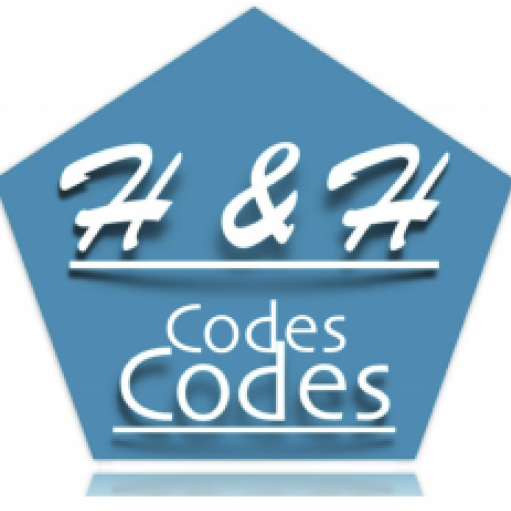
- Educational Group E Occupancy (教育系) includes the use of a building or structure, or a portion thereof, for educational purposes through the 12th grade, including spaces where children receive instruction or care during the day.
- This classification primarily applies to schools and childcare facilities that accommodate a large number of occupants who may require assistance during an emergency. Educational facilities serving students beyond the 12th grade typically fall under Business Group B unless they have assembly spaces large enough to be classified under Group A.
IBC Examples of Group E Occupancies:
- Daycare facilities accommodating more than five children older than 2.5 years of age who receive instruction or care for fewer than 24 hours per day.
- Public and private schools serving students up to the 12th grade.
- Preschools and early learning centers.
- Kindergartens.
- Vocational and technical schools that primarily serve children up to the 12th grade.
- Religious educational classrooms used for weekday instruction.
- Supplemental learning facilities (e.g., after-school tutoring centers) if they primarily serve school-age children in a structured educational setting.
- Exceptions and Special Considerations:
- Educational occupancies providing care for more than five children younger than 2.5 years old are classified as Group I-4 (Institutional) instead of Group E.
- Schools or daycare facilities with more than 100 occupants in a single room may be additionally classified as Group A-3 (Assembly) if the room is used for assembly purposes.
- Adult education programs such as college or post-secondary institutions typically fall under Group B (Business) rather than Group E.
- Training centers for skill-based learning (e.g., martial arts, gymnastics, dance studios) may be classified under Group B or Group A, depending on the assembly space and number of occupants.
Japanese BSL Equivalents:
- Under Japan’s Building Standards Law (BSL), educational facilities are classified based on age group, function, and occupant load, rather than a single “Educational” category like IBC Group E. The BSL categorizes educational facilities into specific types, as listed below:
- 小学校 (Shōgakkō) → Elementary Schools
- 中学校 (Chūgakkō) → Middle Schools
- 高等学校 (Kōtōgakkō) → High Schools
- 幼稚園 (Yōchien) → Kindergartens
- 保育所 (Hoikusho) → Daycare Centers (if classified as educational rather than institutional)
- 専修学校 (Senshūgakkō) → Specialized Schools (if primarily serving students up to high school level)
- 学童保育 (Gakudō Hoiku) → After-school Childcare Facilities
- 専修学校 (Senshū Gakkō) – Vocational Schools
Click the button below to access the applicable code guidelines:
*
Key Differences:
- Unlike IBC, BSL explicitly regulates daycare centers and kindergartens separately from schools.
- University and college buildings fall under Business Use (業務系, Gyōmu-kei) instead of Educational Use.
- Dormitories associated with educational institutions may be classified under Residential Use (住宅系) in BSL.
